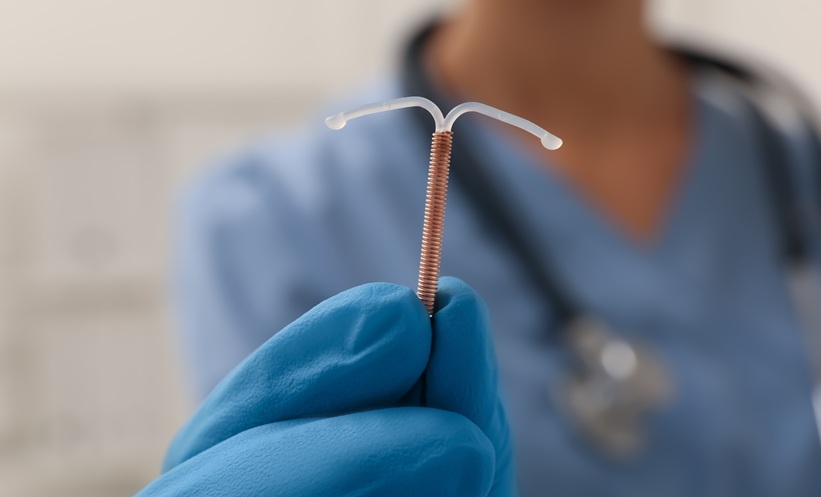A NEW study has developed and validated a machine learning model that can predict the risk of postpartum depression (PPD) before hospital discharge, offering a vital opportunity for earlier intervention and targeted support.
Researchers analysed data from over 29,000 individuals who gave birth between 2017 and 2022 across two major academic hospitals and six community hospitals. Importantly, the model focused on patients without a prior history of depression, using only data available from routine clinical care—including sociodemographic information, medical history, and results from prenatal depression screenings.
The risk model achieved strong performance in external validation, with an area under the curve (AUC) of 0.721 and a Brier score of 0.087. At 90% specificity, the model had a positive predictive value of 28.8% and a negative predictive value of 92.2%, showing reliable ability to flag high-risk individuals.
In total, 9.2% of patients developed postpartum depression within six months of delivery, defined by mood disorder diagnoses, antidepressant prescriptions, or positive results on the Edinburgh Postnatal Depression Scale.
The researchers concluded that their model could be used to stratify patients into risk categories before discharge, helping clinicians plan personalised postpartum care. In settings where healthcare resources are stretched, this kind of predictive tool could enable early outreach, monitoring, or preventive counselling for those most vulnerable.
“Postpartum depression remains a major driver of postpartum morbidity and even mortality,” said lead author Dr Mark Clapp. “Being able to identify patients at risk before they leave the hospital opens the door to timely and proactive care.”
The study supports a broader push toward data-driven mental health screening in perinatal care, helping healthcare systems move beyond reactive screening to a more preventive, patient-specific approach.
Reference
Clapp MA et al. Stratifying Risk for Postpartum Depression at Time of Hospital Discharge. Am J Psychiatry. 2025;DOI: 10.1176/appi.ajp.202403.








